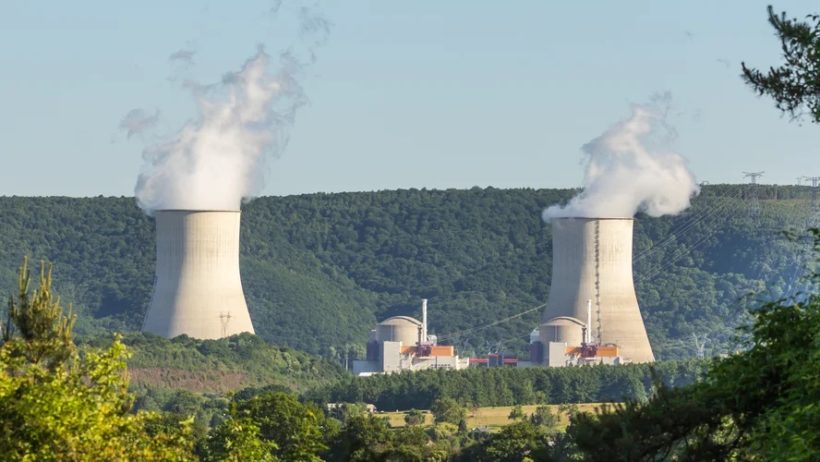On July 5, 2022, European Union lawmakers voted to allow natural gas and nuclear energy to be labeled as green investments, ignoring all research that shows the destructive impact of these energies on our environment. The risk from nuclear energy is even greater than that from nuclear weapons. Explosions from nuclear power plants spread radioactivity at ground level and in much larger quantities than nuclear weapons, affecting all life forms on an unprecedented scale.
This “green” decision was made as Europe engages in a geopolitical war with Russia (through a proxy conflict in Ukraine), which has produced enormous strain on energy sources. Europe and the US have banned most economic transactions with Russia, the provider of 40% of Europe’s energy. A second crisis impacting the decision is the uncontrolled worldwide inflation that has followed the COVID pandemic. These two phenomena have, in some places, tripled the price of energy, pushing the price of gas in the U.S. to $6 or $7 per gallon, instead of $2 to $3 just a few months ago.
The same political powers that have denied the influence of human activities on our environment for decades are now manipulating the notion of renewable energy by trying to label gas and nuclear energy as green. If, 30 years ago, these same authorities had raised the price of oil to current levels and invested that money in renewable energy, the cost of energy today would be minimal for everyone and would have reduced the power of oil producing countries. Of course, this solution would have been too simple for the so-called “developed nations” and “too costly” for our societies, who are now giving this money directly to private oil companies (who are not reinvesting it in renewable energy).
It is interesting to look at two countries whose current situations are quite contrasting: Costa Rica, who started to invest in real renewable energy 30 years ago, and France, who made the decision to invest in nuclear energy. Today, energy in Costa Rica is free and the country is producing more than it can use, whereas France is currently facing a terrible energy crisis.
According to Dr Paul Dorfman, an associate fellow at SPRU University of Sussex, “EDF (the French nuclear corporation) is hugely indebted and faces a massive bill of up to 100 billion euros to keep its aging nuclear fleet going. EDF’s flagship EPR reactor is over-cost and over-time everywhere it’s built.”
It is time to rethink our models and objectives and focus more on long-term development rather than short-term political gain. This human-made crisis needs to be addressed by everyone; no representatives will do the job for you. The “formal democracy” of the White-West is dead and without any future. We need to build a new culture that prioritizes the future and lead us towards producing safe, renewable energy that is available to all.






